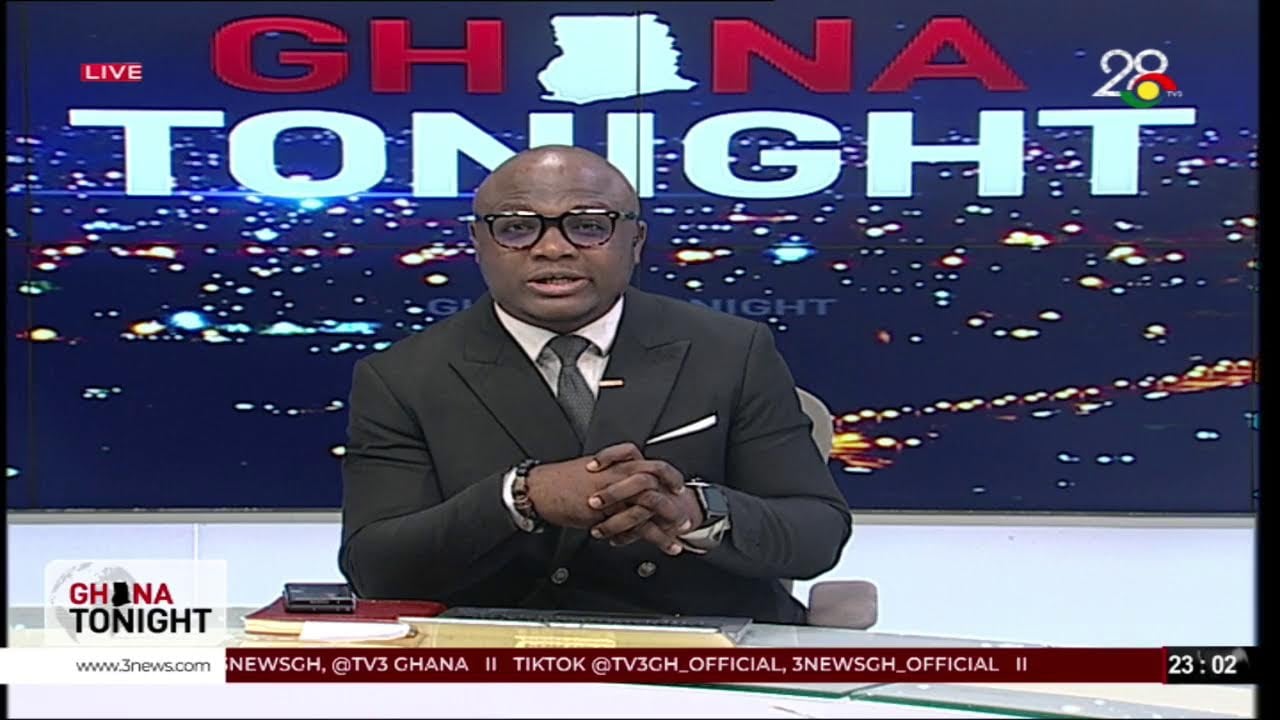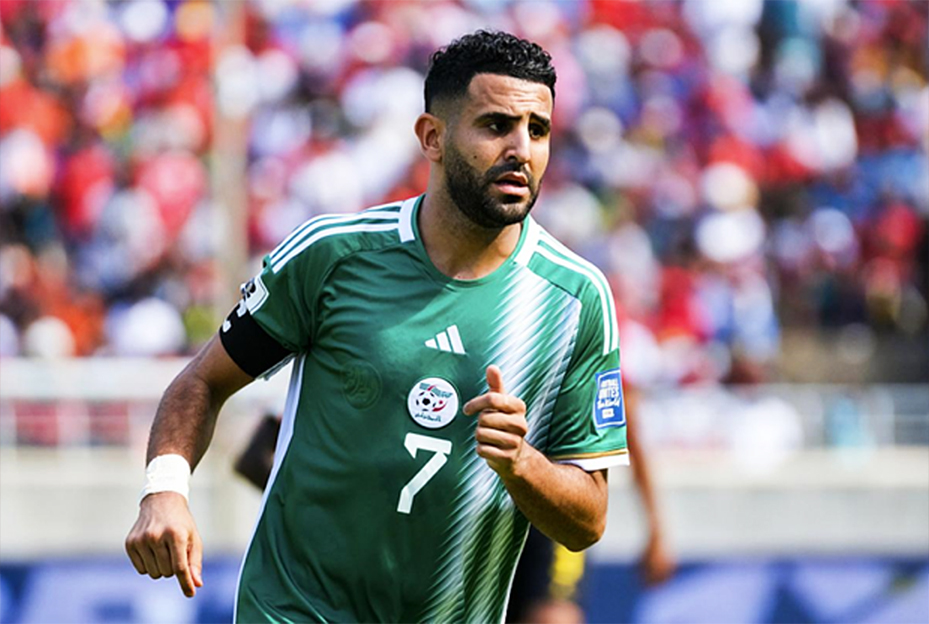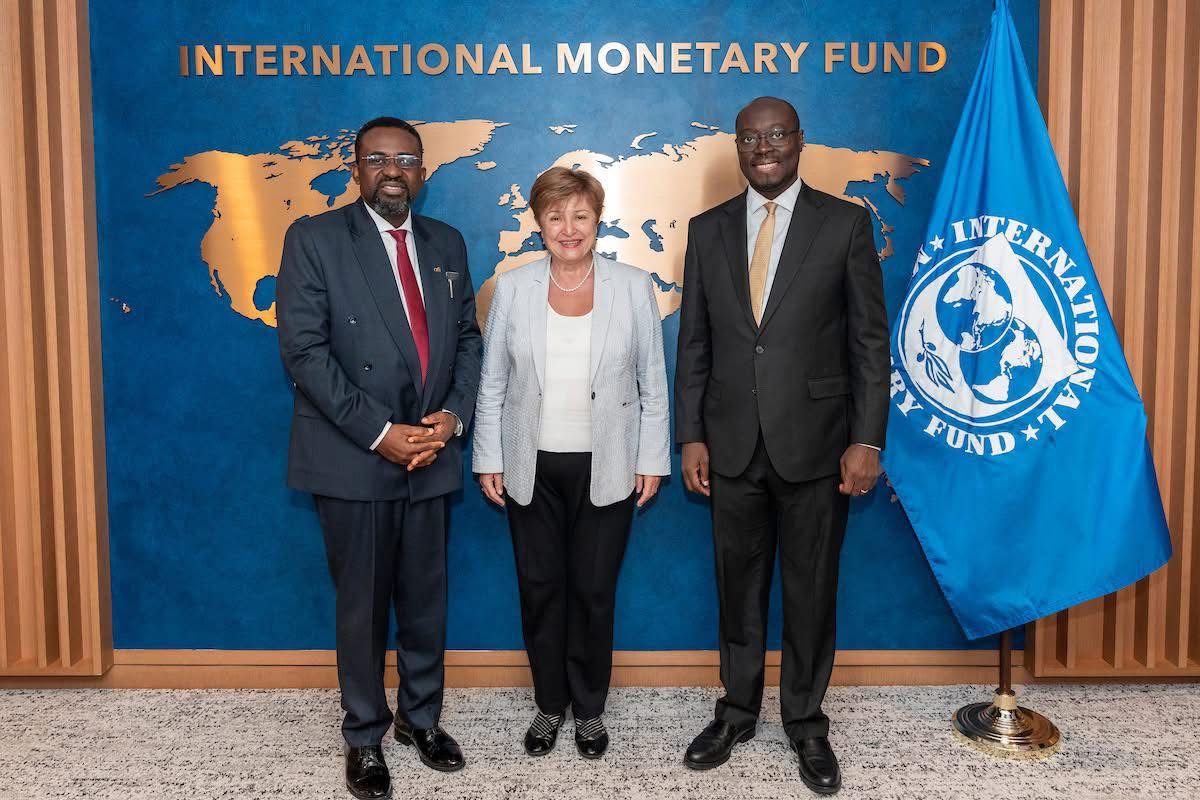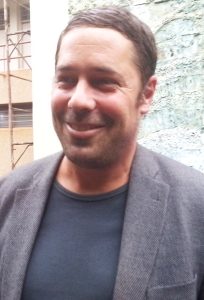
BBC's The Travel Show presenter, Ade Adepitan, was recently in Ghana to film and episode of the show, which was in the country as it celebrates 60 years of independence.
Here's a Q&A with Ade about his experience filming The Travel Show in Ghana!
What did you get up to whilst you were in Ghana?
In Accra, we spent much time in Jamestown, which is the first port the British arrived at in Ghana, and it's the oldest part of the country. It feels really Ghanaian, with fisherman in the port and a bustling market, but it also feels quite British with a lighthouse standing tall in amongst it all. It looked so incongruous and colonial.
What I loved most about Jamestown was the boxing, which it's quite famous for. Because there's not much work in Jamestown, everyone learns to box. In a small neighbourhood called Bukom, the community hosts these live boxing matches and they draw in quite a crowd. There are a number of trained athletes that are a product of this community activity, and it attracts boxing scouts from places like the USA who are looking to train new talent into becoming professional boxers. For some of the young generation, this is a way out of poverty.
We also headed up to Cape Coast, which was really beautiful but steeped in brutal history. One of the places that really hit me was the castle we went to where slaves were kept. We toured the castle and saw the conditions inside, including the "gate of no return" where slaves were taken to the US and Europe. That was very emotional for me. It was difficult to see those conditions and realise that humans could do that to other humans.
Our guide also took us into one of the cells in the castle. It was small - no bigger than the size of an apartment in London - but there were more than a thousand slaves kept in that room, with no water apart from rain. The soil was never removed, and so it still contains the blood, sweat and bones of those slaves. I feel that sends a powerful message to never do that again.
How did it feel to be back in West Africa?
It always feels good to go back. I've been to Ghana about three times now, and I'm often recognised by Ghanaians because I've made a few documentaries out there about entrepreneurism and for Comic Relief in the UK.
You were born in Nigeria; do you visit Nigeria/West Africa often?
I've been to Africa a lot for work and a couple of times to Nigeria for family commitments. West Africa is wild - it has this vibrant and edgy feel. Sure, it might not be perceived to be as advanced as the Western world, but it feels like it's on the cusp of something magnificent. There's such a young population and they're making waves.
Do you feel more Nigerian or British?
I prefer to identify myself as a person of the world. I know it sounds cheesy but, with the internet and travel being more accessible, we're global citizens now. I also speak several different languages - Yoruba, English, Spanish - so you can't really tie me down to one place.
Are there things that you regularly do to embrace your Nigerian roots?
Obviously a part of me is influenced by my Nigerian parents - the food and the music. I'm also loud like Nigerians. I'd say my personality is like a library - there are a lot of books in that library but the biggest one is Nigerian.
What was it like to celebrate independence from the UK whilst you were here?
I'm proud of what the Ghanaians have achieved. I think more people consider going to Ghana for a holiday than they do Nigeria. There are hurdles for tourists visiting Nigeria, such as safety and visas, but Ghana seemed to get past that. It's an open and safe country and Ghanaians are happy and proud people.
Ghana was the first black African nation to gain its independence from colonial rule and now they're a leader on the continent. They've shown they can survive and thrive on their own, and there's a really young, creative middle-class in Ghana that want to lead, which is spurring them on to become entrepreneurs. That's evident in all of the new bars and cafes that have opened up in Accra.
What was the highlight of the trip?
The people. Ghanaians are really cool. They're very chilled and not at all pushy. They have a great sense of humour too. They're just all round great people.
As sad as it was, the castle on the Gold Coast got me too. It's so beautiful and attractive to tourists that, after the brutality and hardship of the slave trade, it can now bring wealth and prosperity to Ghana. It's probably something the slaves who suffered there would never have thought would come of that area, and I encourage every young person of black African descent to go.
Tell us a little about your journey to becoming a presenter for BBC World News' The Travel Show.
I've always been someone that can get on with everybody. Some might call me a natural born communicator, which is why I think the transition for me from Paralympian to journalist made sense - it's a job where I can be myself. I was interested in becoming a presenter because I always knew that sport wouldn't last forever, and presenting appealed to me because I love talking to people and I'm interested in other people's lives.
Way before The Travel Show existed, there was a programme called Fast Track. Following the London Paralympics in 2012, Fast Track wanted to find out if London's public transport had improved its accessibility for wheelchair users, so myself and another wheelchair user had a race across London. She would use public transport, and I'd use my handbike.
My bike was hooked up with cameras, and I talked and ad-libbed the entire journey. The production team really liked my style and so they offered me a job presenting The Travel Show. It was such a great opportunity to do what I love and travel the world that there was no way I could say no. I'm one of luckiest people in the world!
The Travel Show is watched by millions of people across the world. Do you have to be mindful of how you tell stories about Africa to global audiences.
I'm proud to tell African stories to the world, and I know my father would be proud of me too. It's definitely something he would want me to do. I find it frustrating to see so many negative stories about Africa in the press, and The Travel Show changes that. It shows some of the wonderful and quirky sides of the continent that people wouldn't otherwise be able to see. After all, Africa is fun and vibrant and, with one of the youngest populations in the world; it's also the future. Africans are entrepreneurs; wherever you go you see them making something out of nothing, and that's a story I will never tire of telling.
Is there anywhere in West Africa you haven't been that you'd like to?
Mali, Senegal, Cote D'Ivoire... all of it! I'm a people watcher and I love to try to figure out where people are from, what their roots are, what they do and how they're all connected to the region. I'm fascinated by their stories about how they got to where they are.
Where in the world is high up on your bucket list?
I'd love to visit Ethiopia. I've heard it's so varied and beautiful. I'd like to see more of Africa - head to toe - to get a feel of where the world started and the continent I was born. I'd also like to visit somewhere different to any of the places I've ever been. Somewhere like the South pacific - Tonga, the Solomon Islands, Fiji...
Where has better jollof rice: Nigeria or Ghana?
Nigeria all day long! Did you know you can now buy jollof rice in supermarkets in the UK? My sister texted me to tell me that. That tells you just how great and popular jollof rice has become.
Read Full Story
















Facebook
Twitter
Pinterest
Instagram
Google+
YouTube
LinkedIn
RSS